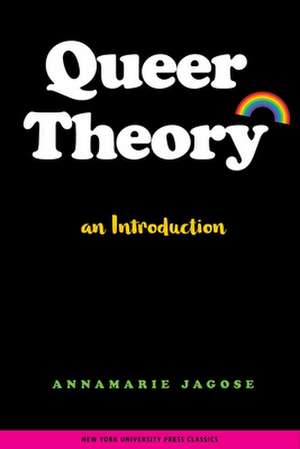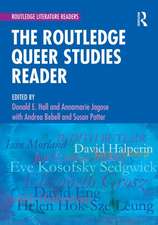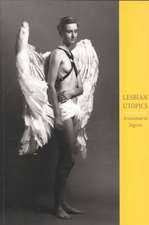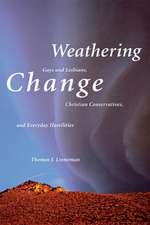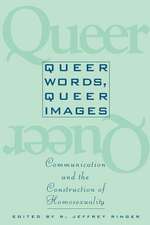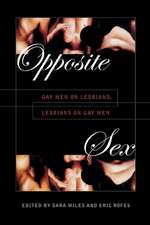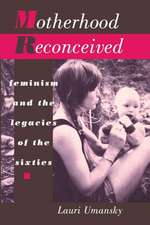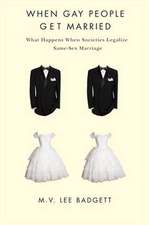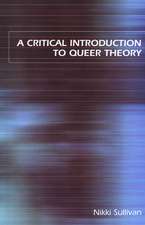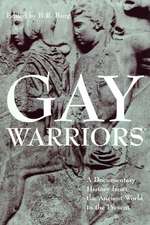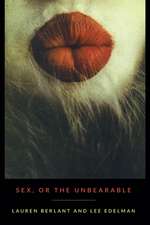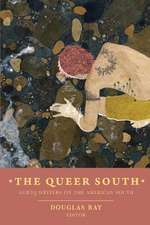Queer Theory: An Introduction
Autor Annamarie Jagose Editat de Ralf Rogowskien Limba Engleză Paperback – 31 ian 1997
The political and academic appropriation of the term queer over the last several years has marked a shift in the study of sexuality from a focus on supposedly essential categories as gay and lesbian to more fluid or queer notions of sexual identity. Yet queer is a category still in the process of formation. In Queer Theory, Annamarie Jagose provides a clear and concise explanation of queer theory, tracing it as part of an intriguing history of same-sex love over the last century.
Blending insights from prominent theorists such as Judith Butler and David Halperin, Jagose argues that queer theory's challenge is to create new ways of thinking, not only about fixed sexual identities such as heterosexual and homosexual, but also about other supposedly essential notions such as sexuality and gender and even man and woman.
Preț: 176.89 lei
Nou
33.85€ • 36.20$ • 28.22£
Carte tipărită la comandă
Livrare economică 17 aprilie-01 mai
Specificații
ISBN-10: 0814742343
Pagini: 156
Dimensiuni: 137 x 219 x 11 mm
Greutate: 0.2 kg
Editura: NEW YORK UNIVERSITY PRESS
